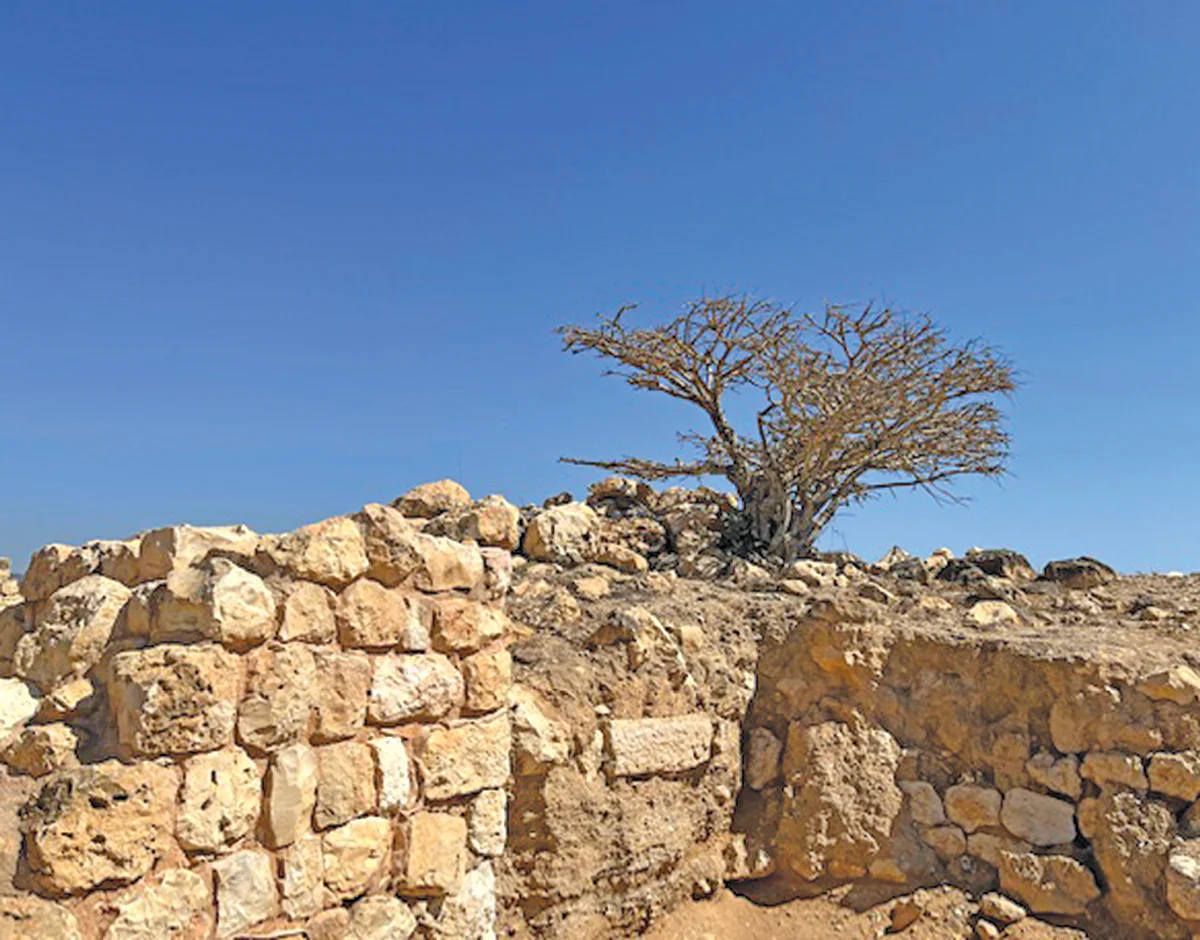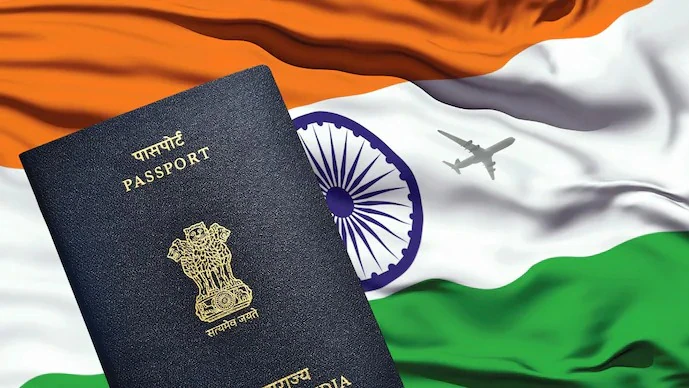The history of Salalah dates back to the days of the Nizams, rulers of Hyderabad in pre-independence India. However, the place is more popularly known as Barkas, a corruption of the English word ‘barracks’.
HYDERABAD: In Telangana’s capital city, Hyderabad, there is an Arabian colony, known as Salalah, a twin in many ways of the original and beautiful Salalah in the southernmost part of the Sultanate of Oman in terms of food, way of life and language, according to an earlier report in the Oman Daily Observer, Oman.
The history of Salalah dates back to the days of the Nizams, rulers of Hyderabad in pre-independence India. However, the place is more popularly known as Barkas, a corruption of the English word ‘barracks’.
Before Indian independence, Barkas served as the military barracks of the Nizam of Hyderabad.
Surrounded by hostile rulers in the Deccan, The Nizams chose to employ Arabs instead of the locals to safeguard and protect his family as well as his kingdom. These Arabs formed the bulk of the Nizams’ personal army and were more reliable as they could not defect to the rival states unlike the locals.
The Chaush were brought from Yemen to work in the former Hyderabad State as military men for the Nizams. The barracks where they lived has evolved into Barkas, in the old city of Hyderabad.
According to another version the name ‘Barkas’ is derived from ‘Wadiya Barkas’, which was a colony in Saudi Arabia. A regiment from Barkas in Arabia had been called to Hyderabad. Thus most of the residents of this colony were originally inhabitants of Yemen and Arabia.”
The Arab population increased during this period, settling in mainly in barracks on the outskirts of the walled, gated city. Since they were coming to Hyderabad through the Sultanate of Oman’s Salalah, the place somehow got its name after it.
And that is how this fascinating tale of two Salalahs — one in the Indian state of Telangana and the other in the Sultanate of Oman has emerged, a perfect example of the assimilation of cultures and the emergence of the best of both. Also it speaks of a bond between the two countries that goes back hundreds of years.
.
Mustafa Sabeet Rabee, who lives in Salalah in the Sultanate of Oman, has a deep-rooted connection with Salalahs on both sides. His father, Sabeet Rabee Subeet was married to a girl from Hyderabad and Mustafa was born in Barkas.
The Arab population increased during this period, settling in mainly in barracks on the outskirts of the walled, gated city. Since they were coming to Hyderabad through the Sultanate of Oman’s Salalah, the place somehow got its name after it.
“As I could understand from my forefathers, the history of people travelling to Hyderabad from Yemen dated back to hundreds of years, and then there was hardly any difference between Salalah and Yemen. People from both sides were freely visiting here and there without any restrictions,” he said.
Mustafa assumes that since Salalah was a natural port, the people might have been using the Salalah port to go to Hyderabad via some other Indian ports, and thus the place where they settled in India got the name ‘Salalah’.
He, however, admits not to have much knowledge about the history behind it but confirms that Barkas or Salalah is very close to Arab culture.
“Yes, the people love football as we do in Salalah; they have Qahwa, Sulaimani tea, Gosht, Mandi, Kabsa and Harees. These are popular dishes in the Sultanate of Oman’s Salalah,” says Mustafa.
The assimilation of cultures reflects in people’s way of dressing and the food they eat. Apart from dishdashas of various types, Barkas people wear Hyderabadi kurta, pyjamas and other Indian dresses. Food also has variations of different kinds of biryanis, and variations exist in food items.
“Now they have a variety of Mandi (Arabic food consisting of meat and rice) like prawn Mandi, butter Mandi and fish Mandi etc. Similar is the case with sweet dishes, which got variation under the local influence,” says Mustafa.
*********************************************************************
Readers
These are extraordinary times. All of us have to rely on high-impact, trustworthy journalism. And this is especially true of the Indian Diaspora. Members of the Indian community overseas cannot be fed with inaccurate news.
Pravasi Samwad is a venture that has no shareholders. It is the result of an impassioned initiative of a handful of Indian journalists spread around the world. We have taken the small step forward with the pledge to provide news with accuracy, free from political and commercial influence. Our aim is to keep you, our readers, informed about developments at ‘home’ and across the world that affect you.
Please help us to keep our journalism independent and free.
In these difficult times, to run a news website requires finances. While every contribution, big or small, will makes a difference, we request our readers to put us in touch with advertisers worldwide. It will be a great help.
For more information: pravasisamwad00@gmail.com











